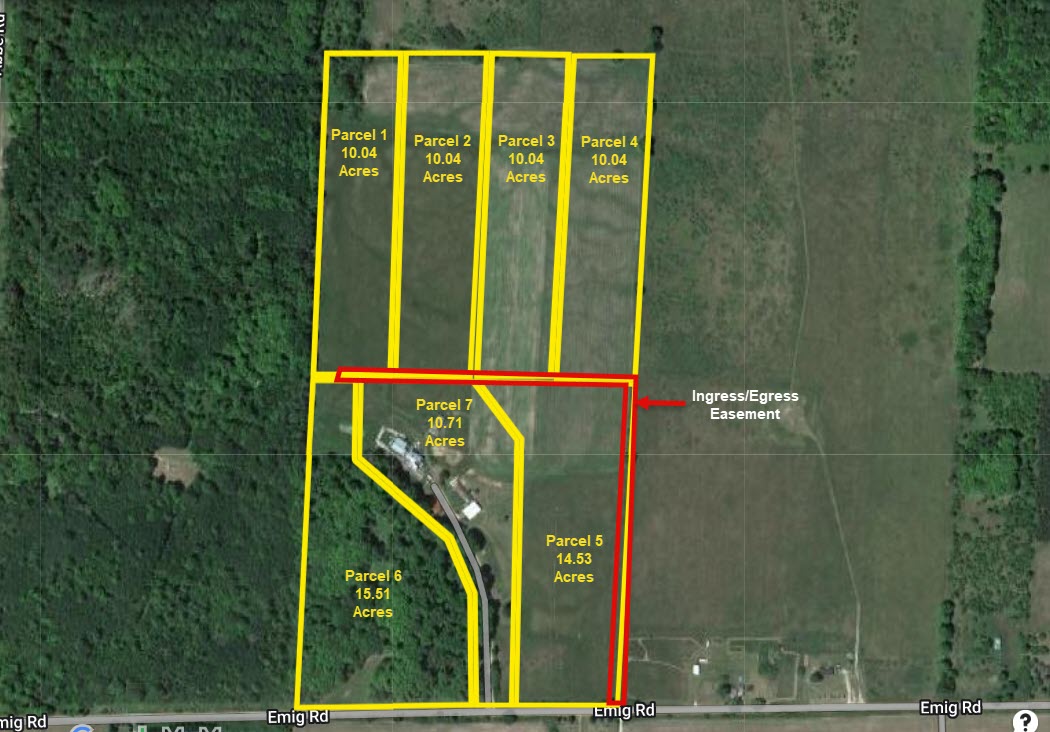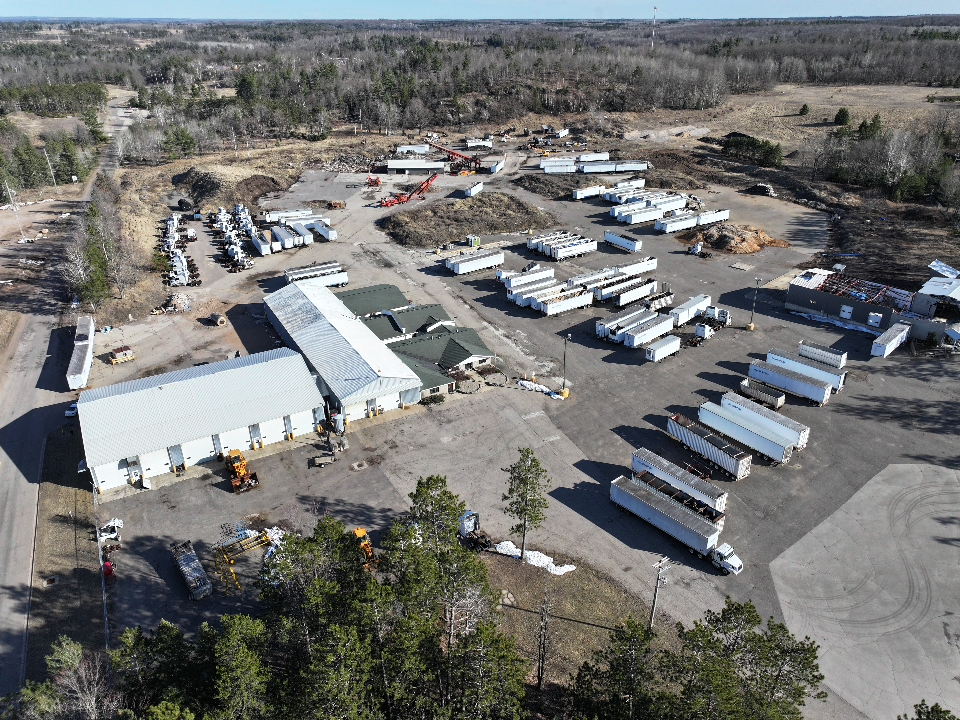As 2024 ends, we’re taking a moment to reflect on an incredible year for our companies. This year, we’ve had the privilege of partnering with countless businesses and individuals to help them buy and sell with confidence, and the results speak for themselves. From semi-trucks to campers, construction equipment to appraisals, 2024 has been a year of milestones and growth. Let’s dive into some of the highlights!
A Record-Breaking Year for Semi-Truck and Transportation Auctions
Our commitment to serving the transportation industry has never been stronger. In 2024, we conducted 8 auctions for Semi-Truck/Trailer and Transportation, resulting in the sale of 200 trucks and 350 trailers. These auctions generated a remarkable $6.5 million in total sales, showcasing our ability to connect buyers and sellers effectively.
Vehicles Sold Across the Nation
2024 was a banner year for vehicle sales. This year, we successfully sold 11,249 vehicles through our platform. Each sale represents not only a transaction but also the trust our clients place in us to deliver exceptional results.
Reaching New Markets
This year, we expanded our reach like never before. We’re proud to have sold items into 41 different states and 9 different countries. This achievement highlights the nationwide demand for our services and the hard work of our team in facilitating seamless transactions across borders.
Expertise in Appraisals
In addition to auctions, our appraisal services have also been in high demand. In 2024, we conducted 526 appraisals across 40 different states in the U.S. Our appraisal team has worked tirelessly to provide accurate and reliable valuations, helping our clients make informed decisions.
Thank You for an Unforgettable Year
None of these achievements would have been possible without the support of our clients, partners, and team members. Whether you’ve worked with us to buy, sell, or appraise this year, we are incredibly grateful for the trust you’ve placed in us.
As we look ahead to 2025, we’re excited to build on this year’s successes and continue delivering the exceptional service you’ve come to expect from us. Here’s to another year of growth, innovation, and success—together!
Check out a list of our upcoming 2025 auctions HERE





























